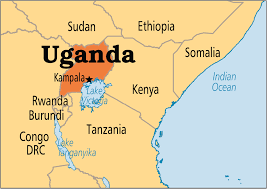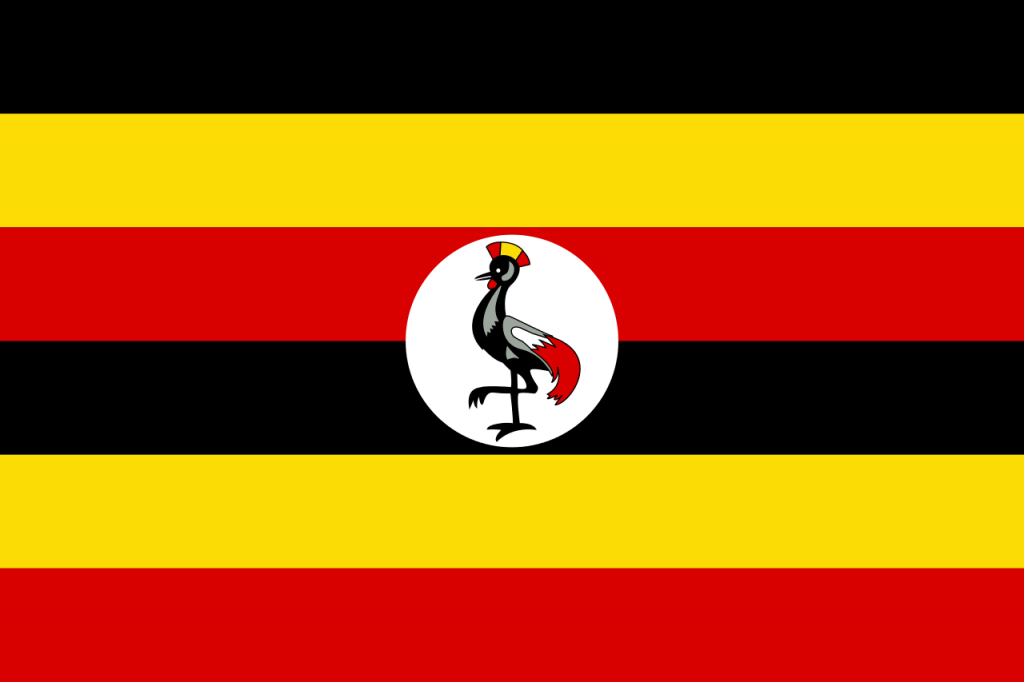Ruth Kibaazo, 26, has four children and all have a one-year-age difference.

Kibaazo recently started using contraceptives. She had never used them before because she thought they would make her barren.
However, after her fourth child, she took a friend’s advice who told her she needed to give her body some rest.
“She (the friend) told me that she has been using pills to space her three children and has not got any complications. So I believed her and decided to go to a health centre near my home,” Kibaazo, a tailor in Kawempe, says.
However, three months into the journey, Kibaazo is facing challenges; and she has on three occasions been turned away from health centres due to pills stock outs.
“I used not to worry about getting pregnant but … I am worried now because the health centre is taking long to restock the pills,” she says.
Kibaazo is not alone; she is among the many women in Uganda who currently have little or no access pills.
According to a Round-4 survey findings from the Performance Monitoring and Accountability project conducted between April and May 2016, out of the 67.4 per cent demand for contraceptives, only 47.7 per cent of the demand is met.
The survey that looks at the use of contraceptives and availability of family planning services at delivery points was conducted in 4,191 households and 350 health centres focusing on 3,793 women aged between 15 and 49 years.
Stock outs in government facilities
Fredrick Makumbi, the head of the epidemiology and biostatistics department at the Makerere University School of Public Health, College of Health Sciences, says the deficit between demand and supply is partly blamed on stock outs mainly in government health facilities.
This, according to Scott Radloff, the director of Performance Monitoring and Accountability-John Hopkins University, Gates Institute, is dangerous as some health centres have gone for more than three months without stock.
“… contraceptives such as intrauterine devices (IUD) would be out of stock for 186 days, implants for 195 days, injectable contraceptives for 21 days, pills for 178 days and condoms for 64 days,” Radloff says.
The stock outs, according to Anthony Mbonye, the acting director general of health services at the Ministry of Health, are a result of low budget allocation.
The Abuja Declaration, Mbonye says, requires African countries to allocate 15 per cent of national budgets to health; however, only 7 per cent is allocated to the sector.
“We only get 50 per cent of what would be enough to deliver the needed services,” he says.
This, he says, is exacerbated by delayed or piecemeal disbursement of funds, which in such a situation makes it is difficult to deliver to required standards without drastic policy and delivery approaches.
From the budget, he explains, Health Centre IVs are allocated Shs1m per quarter with Health Centre IIIs receiving Shs500,000. District hospitals receive Shs10m.
“With such little money, you cannot avoid stock outs,” he says.
However, Makumbi says government should find a way of increasing the availability of family planning services to cut back maternal mortality which currently stands at 438 deaths per 100,000 live births annually.
“… women end up having many children they have not planned for, which explains why we have high maternal mortality rates,” he says.

